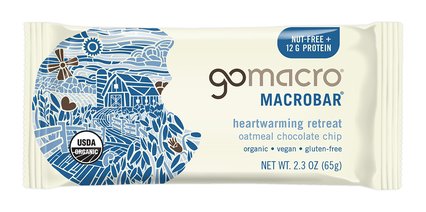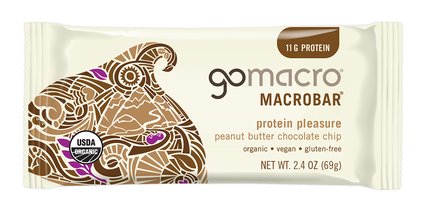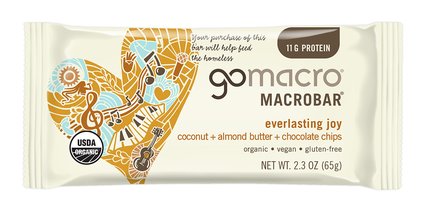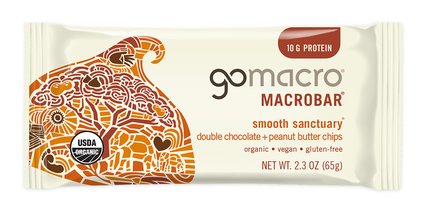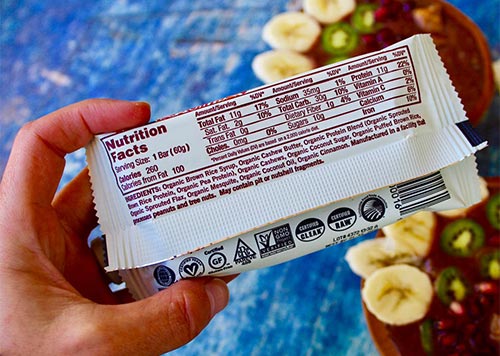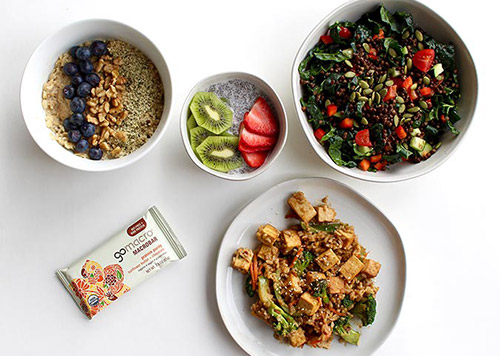What Causes Food Cravings?
Everyone knows the feeling: you're craving that one specific food or drink so badly, you can't think about anything else! Well, it turns out that's just your body trying to communicate that there's an imbalance happening internally. Oftentimes, when we crave unhealthy or specific foods, it’s a tell-tale sign that something is missing from our diets. Here are a few of the most common causes of cravings and how to combat them in a clean, healthy way!
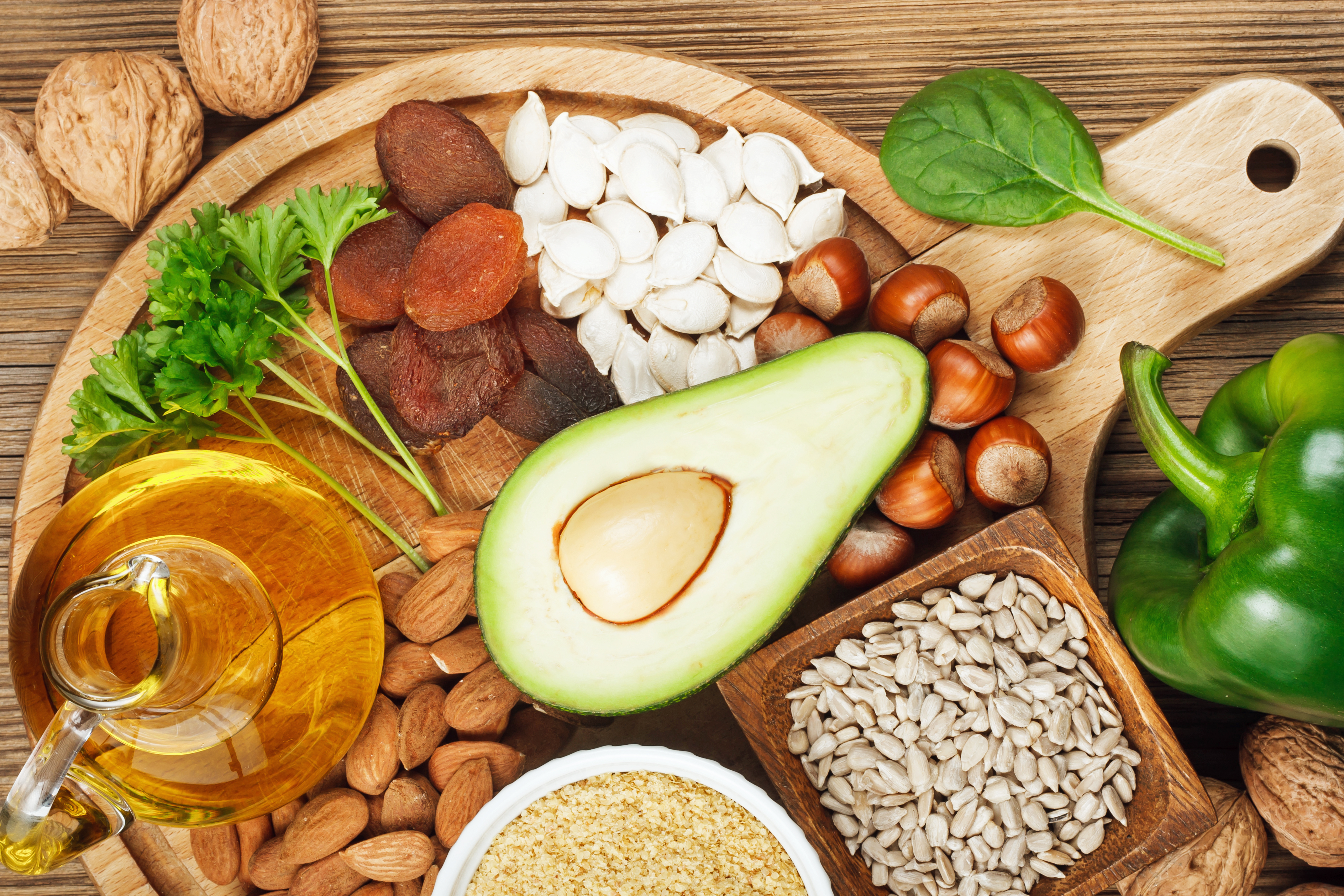
The Biggest Culprit: Vitamin and Mineral Deficiencies
Iron
Iron deficiency is one of the most common nutrient deficiencies in the world, affecting about 20% of women, 50% of pregnant women, and 3% of men. Being low in iron is notorious for causing meat cravings, even for plant-based eaters. While many of us can’t imagine a morning without our beloved cup of coffee or tea, the continual desire for caffeine may also be an indicator of iron deficiency.
To conquer these cravings in a healthier way, try consuming foods high in iron, such as leafy greens (like spinach, kale, and cabbage), cashews, pumpkin seeds, legumes, and iron-enriched pastas and grains. Pair them with vitamin C which is found in tomatoes, sweet potatoes, and peppers, as it helps aid iron absorption.
Zinc
Zinc is a very common mineral deficiency because it becomes less present in our bodies as we age and during times of stress. Low zinc doesn’t necessarily cause cravings, but it significantly dulls your sense of taste. This prompts you to add more salt and sugar to food in order to feel satisfied. Zinc is prevalent in legumes, seeds, whole grains, and nuts.
Omega 3s
When you can’t get the thought of biting into something savory or indulgent out of your mind, you may be low in omega-3s. To satisfy these cravings, make sure to incorporate more good quality fats and oils into your diet like avocado, nuts and nut butters, olive oil, coconut milk, and flaxseed. Steer clear of saturated and trans-fats present in things like processed foods, butter, and packaged chips. These foods can seriously increase harmful cholesterol in the bloodstream, which has been linked to heart disease, stroke, diabetes, and other chronic conditions.
Magnesium
If you feel like you can’t get a handle on your chocolate cravings, it could be a sign that you’re low in magnesium. Cocoa is extremely high in magnesium, and since this mineral can help alleviate muscle cramps, it’s no coincidence that cravings for chocolate tend to increase when women are menstruating.
It’s very important to monitor magnesium deficiency because this mineral is essential to keeping our bones strong. To squash your chocolate cravings and reach healthy levels of magnesium, try swapping your bar of milk chocolate for a couple squares of dark chocolate instead. You can also try our Chocolate Lover Bar Variety Pack. Oats are another great source of magnesium and essential minerals. Double up with chocolate and oats by trying out our new Oatmeal Chocolate Chip MacroBar!
Fiber
If you find yourself longing for a fresh baguette, a big bowl of pasta, pastries, or any other carb-filled items, it might be a sign of insulin resistance, hypoglycemia, or fatigue. Craving processed flours like white breads, crackers, and noodles may be an indicator that you need to include more fiber in your diet to better control your blood sugar. Try incorporating more fruits and vegetables into your daily routine, such as bananas, apples, chard, spinach, avocado, broccoli, celery, and peaches to curb your carb cravings.
Activity Influence
Exercise
While it’s true that exercise is good for the body, it’s also important to know that vigorous exercise depletes the body of essential micronutrients. If you find yourself craving salty meals or snacks after exercising, this could indicate a need for minerals and electrolytes that you’ve lost during your activity. It can also be a sign that you’re dehydrated, as salt (electrolytes) helps your body to hang on to fluids. It’s no coincidence that pregnant women often crave salty foods since their hydration needs go up, as do their needs for the minerals that are commonly found in salt. To conquer these cravings, make sure you are drinking enough water each day. The average person should drink anywhere from eight to ten 8-ounce glasses to stay adequately hydrated. For people who regularly do vigorous exercise, it’s recommended that they drink up to twelve to fifteen glasses of water each day. To give your hydration an extra boost, try adding a tiny pinch of salt (we love pink himalayan salt) to your drinking water. This helps you maintain hydration and keeps cravings for salty foods at bay!
Similarly, if you find yourself craving sweets during or after your workout, that probably means you need more calories. Try loading up on fruit or a GoMacro pre-workout protein bar. This will give you the energy needed to power through your exercise.
Lack of Sleep
Have you ever noticed that a short night of sleep can cause you to crave unhealthy, high-calorie foods the next day? These cravings go hand-in-hand with fatigue, and it’s your body’s way of looking for fast fuel to keep going. Poor sleep can disrupt hormone levels, which increase the likelihood and intensity of these cravings.
To reduce fatigue, try to improve your sleep patterns by going to bed and waking up at the same time each day. This sets your body’s biological clock to its natural circadian rhythm, which helps deepen sleep and makes it easier to get up in the morning. Along with setting your alarm to wake up, get in the habit of setting an alarm for when it’s time to go to sleep at night. This way, you know when it’s time to wind down each evening. Another way to get better sleep is to cut off work and put down your phone at least an hour before bedtime. At night, the blue light from our devices trick our brain into thinking it’s daytime (aka time to be alert and awake) by suppressing the secretion of melatonin, a hormone that regulates the sleep–wake cycle. Settle down with a good book instead of your computer or phone. One more trick - save the late night plans for the weekend when you know you can catch up on sleep the next day!
For the nights where you just can’t get a good night's sleep, try consuming a steady flow of protein throughout the next day. Protein helps stabilize blood sugar and minimize cravings for unhealthy foods. Pack your lunch and snacks with foods that contain a balance of healthy carbohydrates (like sweet potatoes and fruit) and protein or healthy fats (like beans, avocados, and nuts).
Conquering Cravings
Gaining control over your cravings begins with understanding what they mean. By being more in tune with your body and the nutrition it’s telling you it needs, you’ll be healthier and feel so much better!
